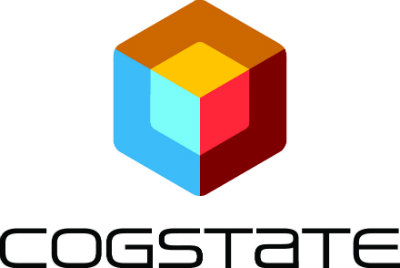Cognitive impairment associated with schizophrenia (CIAS) is an important treatment target, and major unmet therapeutic need in the chronic stages of schizophrenia. Many studies have sought to ameliorate CIAS with new drugs but, as yet, no drug has been approved for treatment of CIAS. In acute stages of the illness the measurement of cognition has also been used to guide decisions about the safety and efficacy of new medicines. In this acute stage of the illness cognitive tests have been used successfully to show the benefits of new antipsychotic medicines.
By attending this webinar, you will learn:
- Key issues and considerations with the selection of cognitive measures for pharmacological studies of Cognitive Impairment Associated with Schizophrenia (CIAS)
- Making decisions about safety and efficacy of novel drugs for CIAS in early phase studies
- Lessons learned from successes and failures in studies that have sought to assess the efficacy of novel and licensed drugs for the treatment of CIAS
In this webinar, the presenter will consider issues associated with the application of cognitive tests to guide decision making about the safety and efficacy of drugs in both the chronic and acute stages of schizophrenia. He will review data from Phase 3 and Phase 2b studies that have successfully used cognitive tests to show their drugs are efficacious. He will also consider data rom those programs that showed positive effects of experimental drugs in early phase studies but failed to demonstrate efficacy in their pivotal studies.
Speaker

Paul Maruff, Chief Science Officer, Cogstate
Professor Paul Maruff is a founder of Cogstate. Paul is a neuropsychologist with expertise in the measurement of subtle behavioral and cognitive dysfunction in neuropsychiatric and neurological disease and disorders and in brain injury. Paul’s research integrates conventional and computerized neuropsychological testing with cognitive neuroscientific methods, neuroimaging, genetics and clinical assessment in to guide decision making in about brain function in both clinical medicine in drug development.
Paul has worked extensively to develop methods for identification of the nature and magnitude of cognitive impairment, and to assess the efficacy of licensed and experimental drugs and procedures, in Alzheimer’s disease, mild cognitive impairment and the HIV dementia complex. He has extended these methods to the identification of cognitive dysfunction and the effects of treatment in psychiatric diseases such as schizophrenia, attention deficit disorder and obsessive-compulsive disorder, major depressive disorder and substance abuse in adults and children.
In addition to being responsible for the scientific progress at Cogstate, Paul is also appointed Professor at the Florey Institute for Neuroscience and Mental Health where is an active member of the Alzheimer’s disease research group. He is currently clinical co-chair of the clinical committee in the Australian Imaging Biomarkers and Lifestyle (AIBL) study and also sits on the executive committee for that group. Paul has published over 300 research articles in international peer-reviewed scientific journals and has co-authored 10 book chapters.
Who Should Attend?
Executives, scientists and managers from pharma, biotech and CROs working in CNS drug development:
- Strategic drug development
- Clinical operations
- Outsourcing and procurement
- Clinical trial planning and optimization
Xtalks Partner
Cogstate
Cogstate is a pioneer in commercializing rapid, reliable and highly sensitive computerised cognitive tests and provides expert support for traditional neurological assessments to drive higher quality outcome measures. Cogstate clients include the world’s leading biopharmaceutical companies; military and elite sporting organizations; physicians and patients; renowned academic institutions and public-private partnerships. With more than 100 employees and a global network of expert neuropsychologist consultants across 25 countries, the unique intersection of science, innovation and delivery is at the core of everything we do.
You Must Login To Register for this Free Webinar
Already have an account? LOGIN HERE. If you don’t have an account you need to create a free account.
Create Account





